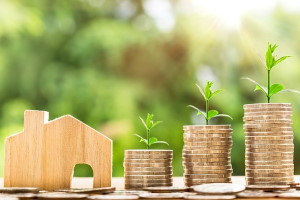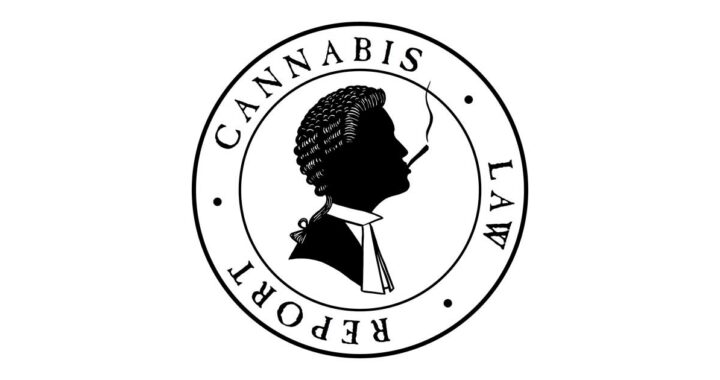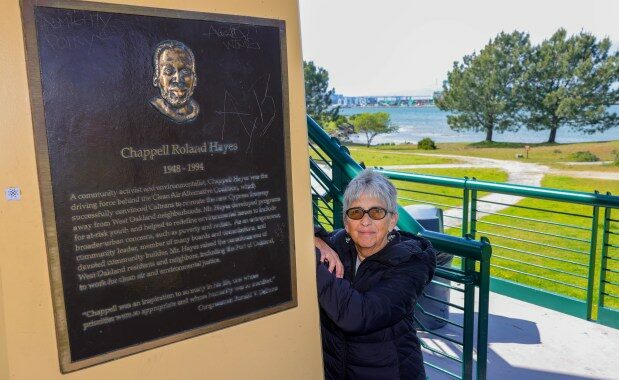Data Proves Cannabis Dispensaries Increase Property Values
4 min read
As more states approve medical cannabis and legalize recreational cannabis, the amount of data proving that cannabis dispensaries increase local property values continues to pile up.
Numerous studies conducted by researchers, companies, and even real estate associations not only show that property values increase when dispensaries open nearby but also that property values jump when cannabis is legalized at the state level – long before legal retail dispensaries open.
Despite arguments to the contrary, the cannabis industry bolsters commercial and residential real estate investments. The numbers speak for themselves.
Here’s What the Data Says about Cannabis Dispensaries and Property Values
The Western Economic Association International published a study in its July 2019 Contemporary Economic Policy journal that found property values within a half-mile radius of a cannabis dispensary increase by 7.7%, and the value drops as the distance from the dispensary increases.
Also in 2019, the team at Clever Real Estate conducted a deep analysis of housing prices and the relationship between property values and cannabis dispensary locations. They discovered that between 2014 and 2019, cities which allow cannabis dispensaries (medical and/or recreational) experienced greater increases in home values than cities where cannabis is illegal. Clever Real Estate found that the effect brings up the entire city’s home values at a rate higher than the national average.
Specifically, the research cited several significant growth rates demonstrating the increase in property values attributed to the existence of cannabis dispensaries. For example, residential property values increased in Denver, Colorado by nearly 70% between 2014 when retail dispensaries opened and 2019. Throughout Colorado, property values increased by 58% during the same time period. In Washington, home values went up by 57% during the five years after recreational marijuana sales began.
The study also found that property values increase shortly after recreational cannabis legislation is approved but before commercial sales are available. For example, property values increased in California, Maine, Massachusetts, Michigan, and Nevada after recreational cannabis was approved in 2016 even though commercial sales hadn’t begun yet.
The study reported that the same is true at the city level. Property values in San Jose, California saw a big increase in home values during the two years following legalization in 2016. In Redding, California, home values increased by 3.75% between November 2015 and 2016, but after recreational cannabis was approved, home values jumped by 7.35% in the following 12 months (November 2016 to November 2017).
These spikes and trends are significant to property investors who are looking for new opportunities, and they’re not isolated occurrences.
A November 2018 study by the National Association of REALTORS Research Group, Marijuana and Real Estate: A Budding Issue, found that the majority of National Association of REALTORS (NAR) members did not see a change in residential property values when dispensaries opened nearby. However, the increase in demand for commercial and other types of property did increase:
- Warehouse demand increased by 34% in states where medical cannabis is legal and by 27% in states where both medical and recreational cannabis are legal.
- Storefront demand increased by 31% in states where medical cannabis is legal and by 17% in states where both medical and recreational cannabis are legal.
- Land demand increased by 18% in states where medical cannabis is legal and by 14% in states where both medical and recreational cannabis are legal.
The data tells us that even though NAR members haven’t personally perceived an increase in residential property values when new dispensaries open, they are witnessing a significant increase in demand for business-related property.
With increased demand comes a limited supply of suitable property and thus, an increase in property values and prices. One-fifth of the NAR survey respondents saw an increase in commercial property values near dispensaries, and nearly one-quarter of respondents saw an increase in commercial property values near land used for cannabis cultivation.
A separate report published in Real Estate Economics in 2017, The External Effects of Retail Marijuana Establishments on House Prices, found that homes within 0.1 miles of a dispensary increased in value by approximately 8.4% compared to those located between 0.1 miles and 0.25 miles from a dispensary. In other words, the closer property is to a dispensary, the greater the increase in value.
It’s important to point out that increasing property values near cannabis dispensaries isn’t a new trend. In 2016, a study published in Economic Inquiry reported that dispensaries added 6% to home prices compared to towns where stores had been banned.
Key Takeaways about Cannabis Dispensaries and Property Values
Year after year, new research shows that the location of cannabis dispensaries increases both residential and commercial property values. For property investors, opportunities exist in cities with existing dispensaries and in areas where recreational cannabis has been legalized or is likely to be legalized in the near future. Regardless or when commercial dispensaries open, the data shows property values increase with cannabis legalization.







